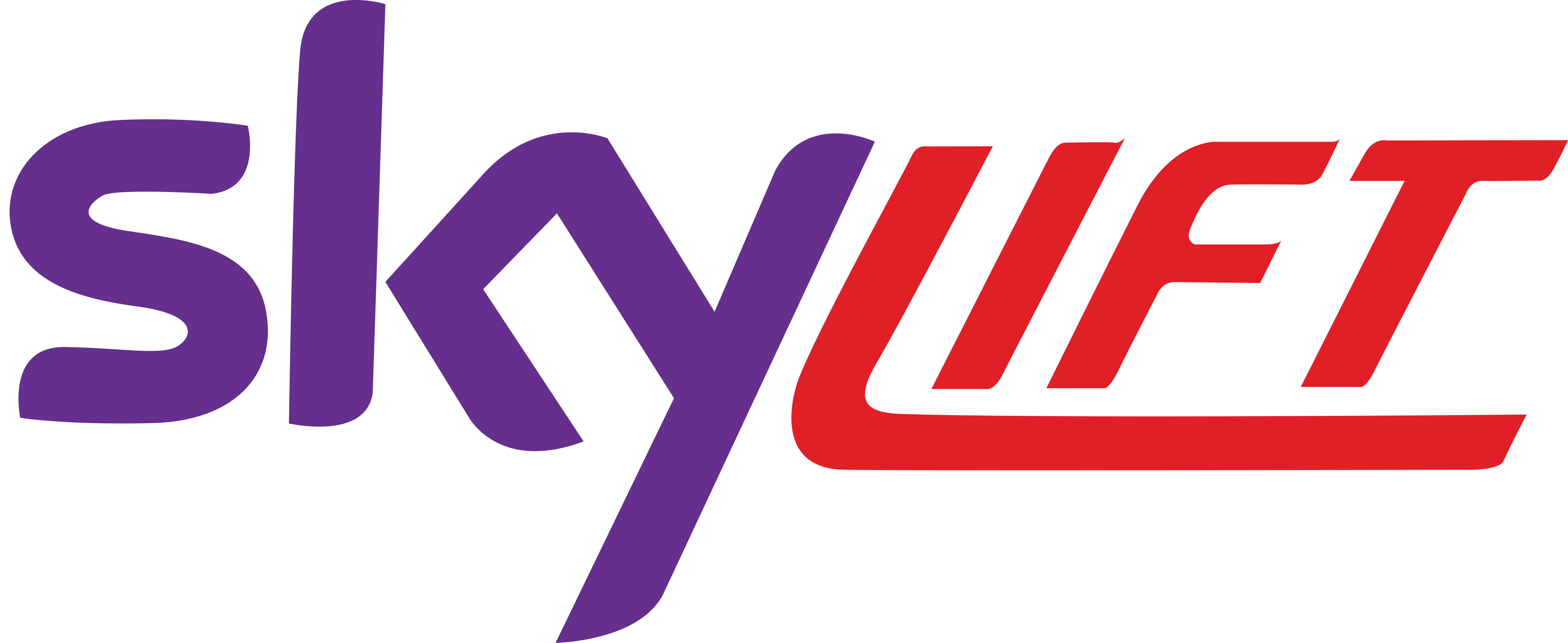Table of Contents
- Introduction
- The Tools Are There—But Too Often Buried
- Inconsistent Application Undermines Trust
- Red Flags Are Seen—But Not Always Acted On
- Why the Australian Context Needs Extra Care
- Operational Silos Make Things Worse
- Practical Tips for Players (Do These Today)
- What Casinos Must Implement (Non-Negotiables)
- Make the PlaySafe Experience Obvious and Friendly
- Accountability is a Feature, Not a Cost
- Case in Point: How GetSlots Shows a Better Way
- A Blueprint Other Casinos Can Copy
- Conclusion
- If You Need Help
Introduction
Australian players love the convenience of real-money online casinos—fast sign-ups, thousands of pokies, live tables at any hour. Yet one problem keeps surfacing across the iGaming market: insufficient responsible gambling measures. Safe-play toolkits absolutely exist (think deposit limits, time reminders, self-exclusion—often bundled under names like PlaySafe), but they’re not consistently surfaced, enforced, or acted upon. Operators sometimes miss clear red flags, and that gap can turn recreational play into risky behavior. This article unpacks the issue, shares practical tips for players, outlines the must-do fixes for casinos, and—importantly—shows how a brand like GetSlots can model a better path.
The Tools Are There—But Too Often Buried
In an ideal Australian online casino experience, players see a visible “PlaySafe” hub before the lobby loads. From there, they can set deposit, loss, and session limits, enable reality checks, and choose cool-off or self-exclusion in a couple of clicks. In reality, these controls are frequently tucked away in profile submenus, or they’re “optional extras” that rely on a user already feeling vulnerable enough to go looking. The result? Tools that could prevent harm don’t get switched on early, when they’re most effective.
Inconsistent Application Undermines Trust
The iGaming industry isn’t short on best-practice guidance, but the way operators apply it varies. Some sites make limits easy to set but hard to adjust down the road; others do the opposite. One casino might force a waiting period before raising a limit (good), while another applies changes instantly (risky). Even when a platform advertises a PlaySafe suite, its depth and default settings can differ wildly, leaving Australian players with a patchwork of protections.
Red Flags Are Seen—But Not Always Acted On
Casinos sit on incredibly rich behavioral data: rapid-fire deposits, late-night binges, chasing losses after a big downturn, repeated bonus redemptions, canceled withdrawals, and more. These are classic risk markers. The problem is less about detection and more about intervention. Too many operators send generic emails or wait for the customer to ask for help. Proactive steps—temporary account holds, outbound support, or imposing cooling-off periods—are still the exception, not the norm.
Why the Australian Context Needs Extra Care
Australian players encounter a unique mix: a strong pokies culture, a mature payments landscape, and ready access to offshore casino brands that market “Aussie-friendly” real-money play. That means safe-play standards must be clear, consistent, and visible. If a player hops between multiple sites, the protections shouldn’t feel like roulette—solid in one place, flimsy in another. Consistency matters.
Operational Silos Make Things Worse
Inside some operators, responsible gambling (RG) functions live far from marketing, VIP, or payments teams. That leads to conflicting incentives: a VIP manager nudging more play while RG is trying to slow it down; a payments feature (like instant withdrawals) shipped without guardrails (like withdrawal locks). When teams don’t share the same dashboard or KPIs, the casino loses opportunities to step in early and effectively.
Practical Tips for Players (Do These Today)
Set bank-level limits before you deposit—cap gambling merchant spend and ATM withdrawals. Turn on reality checks and session timers in every casino you use; aim for 20–30 minute alerts. Use a gambling journal (even a notes app) to record deposits, withdrawals, and feelings after each session. Patterns jump out fast. Institute a 48-hour cooling-off rule after any sizeable win or loss; log out and let the emotion pass. Enable withdrawal locks where available so you can’t cancel a cash-out to keep playing. Install blocking software on devices you share at home; it adds friction when willpower dips. Reach out early—free, confidential help services and chat hotlines exist specifically for gambling harm support.
What Casinos Must Implement (Non-Negotiables)
Default-on protections: show the PlaySafe hub on first login; pre-select conservative deposit/time limits that players can only raise after a cooling-off period. Meaningful friction: raising a limit should require extra steps and a delay; lowering a limit should be instant. Real-time risk detection: trigger interventions (not just emails) when loss-chasing or late-night spike patterns appear. Withdrawal integrity: offer withdrawal locks and disable reverse withdrawals by default. Marketing suppression: automatically remove high-risk accounts from promos and VIP outreach. Transparent reporting: publish RG metrics (average time to intervention, % of accounts with limits enabled) and undergo independent audits. Human support, 24/7: trained RG specialists empowered to act—immediately.

Make the PlaySafe Experience Obvious and Friendly
Safety features work when they’re easy and intuitive. Casinos should present a clear dashboard: total spend this month, net result (win/loss), active limits, session length, next reminder, and one-click access to cool-off and self-exclusion. Use plain language, not jargon. Nudge architecture matters: highlight the safer option, make it visually prominent, and require a pause when players try to remove protections.
Accountability is a Feature, Not a Cost
Set SLAs for interventions (e.g., live chat within minutes when risk spikes). Keep audit trails for every limit change and outreach action. Tie bonuses to safe-play status (for instance, only for accounts with active limits). Reward time-outs—yes, really. When a casino turns safety into part of the brand promise, lifetime value improves because players stay healthy and loyal.
Case in Point: How GetSlots Shows a Better Way
In the real-money casino space, GetSlots stands out as an example of how to close the responsible-gambling gap. Instead of burying controls, website getslots1.com places a clearly labeled PlaySafe hub in the main navigation and prompts new customers to configure deposit, loss, and session limits during onboarding. Those limits don’t jump instantly if a player changes their mind—raising them requires confirmation and a cooling-off period, while lowering a limit applies immediately. That small design choice nudges safer behavior without adding confusion.
A Blueprint Other Casinos Can Copy
GetSlots proves you don’t need to reinvent iGaming to protect players—you just need to make safety default, visible, and enforceable. Put limits in the spotlight, design friction where it matters (limit increases, bonus opt-ins), act on red flags quickly, and shut down reverse withdrawals. When a platform does these things well, players notice. The experience feels calmer, clearer, and more sustainable.
Conclusion
The Australian online casino market doesn’t lack PlaySafe features; it lacks consistent application and decisive action when risk appears. Players can help themselves by setting limits early, using cooling-off rules, and locking in withdrawals. But the real fix sits with operators: default-on controls, rapid interventions, and transparent reporting. As the GetSlots example shows, a casino can be both fun and protective—and that’s exactly the standard the iGaming industry should aim for. When responsible gambling becomes part of the product (not just a footer link), everyone wins.
If You Need Help
Gambling should always remain fun, safe, and under control. If you are an Australian player and feel signs of gambling addiction or mental health struggles, it’s important to take action immediately. Reach out for confidential support and consider reading professional guidance from local Australian help resources. https://www.gamblinghelponline.org.au/support-yourself-or-others/understanding-gambling/gambling-specific-contributing-factors

